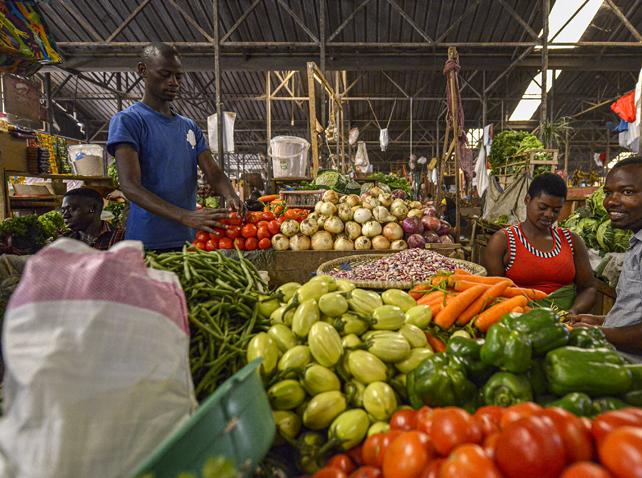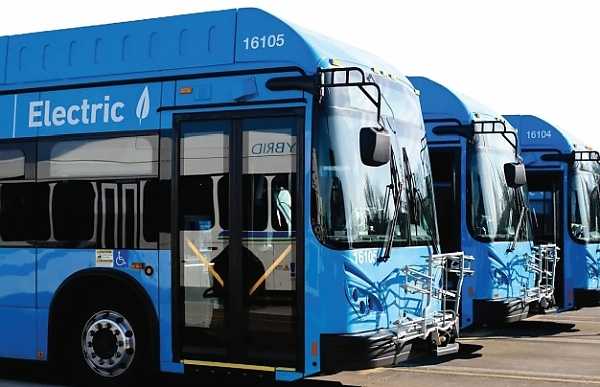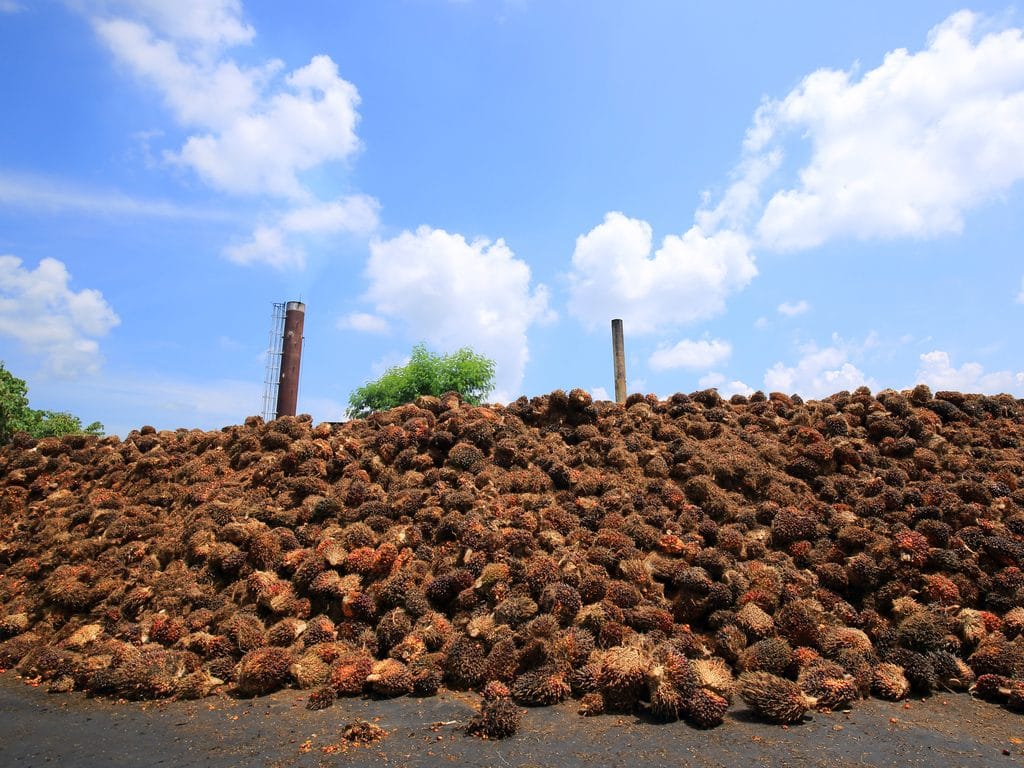
Solar cold storage: A solution to Africa's post-harvest loss
In many African countries, almost 50% of total agricultural produce is lost or damaged before reaching the final consumer.
Food is a necessity; hence, its lack, inaccessibility, or scarcity will undoubtedly cause unrest. According to the African Postharvest Losses Information System, African countries lose more than 30% of fresh fruits and vegetables due to inefficient post-harvest management due to a lack of knowledge, technology, or storage infrastructure. Africa has the 2nd largest population in the world, and the government, policymakers, and agriculture experts have been challenged by the need to improve the agricultural sector to feed the continent's exploding population. Therefore, addressing the issue of post-harvest food loss by adopting industrialization and renewable solutions could be a solution.
According to the International Food Policy Research Institute (FPRI), lack of cold storage accounts for 45% of food deterioration in developing nations, costing farmers over $470 million, or 25% of their annual income. In Nigeria, the Nigerian Stored Products Research Institute (NSPRI) estimates that roughly 50% of its food is lost, while Tanzania loses 30% of fresh fruit and 50% of vegetables (tomatoes) annually. Cameroon likewise loses between 40% and 50% of its food, and Ghana's Ministry of Food and Agriculture (MoFA) estimates a range of 10% to 40% loss in perishable fruits, vegetables, and root and tuber crops.
Fresh fruits and vegetables, in particular, begin to degrade as soon as they are harvested because they are deprived of their source of water and nutrition. They lose mass, attractiveness, texture, flavour, and nutritional value. The pace of deterioration is noticeably slowed by cooling, prolonging the shelf life of the produce. Farmers pack their products into new plastic crates stacked inside the cold room. These cooling rooms work best near significant food production and consumption hubs (in markets and farms). As a result, fruits, vegetables, and other perishable foods retain their freshness for 2 to 21 days.
Having taken into account all the losses, solar-powered cold storage technology is of prime significance in Africa's efforts to cut post-harvest losses and attain food security, as outlined in the African Union Malabo Declaration. However, the utilization of enhanced storage methods is extremely low, ranging between 0.6% in Uganda and 12% in Tanzania.
Nigeria, on the other hand, has begun to adopt renewable alternatives, which have greatly benefited farmers and merchants. The NSPRI developed Evaporative Cooling Systems (ECS), which can extend the shelf life of fruits and vegetables by approximately two weeks. Also, the Solar Tent Dryer, the Parabolic Solar Dryer, the Mobile Tent Dryer, and the Hybrid Dryer are utilized to dry agricultural products. These dryers ensure that all dried foods and goods are free of contaminants and toxins. Also, private companies such as Cool Hubs and DeKoolar have contributed to food preservation in West Africa by installing solar-powered cold rooms.
The increased private investment in renewable energy projects in developing countries is creating opportunities for increased adoption of renewable energy solutions, including for agricultural purposes. However, a thorough review of the continent's progress in reducing post-harvest loss reveals that there is still a great deal of work to be done, and the region requires immediate solutions to reduce food loss and waste. The Rockefeller Foundation has cautioned that inadequate post-harvest infrastructure might force millions of African households that depend on agriculture into extreme poverty.
Despite the obstacles, Africa has a positive outlook for solar-powered cooling rooms due to the continent's abundant solar resources and a growing demand for energy-efficient cooling solutions. Additionally, the private sector has an opportunity to invest in this space given the rising cost of grid electricity and the government's push for renewable energy.
FullyGreen Newsletter
Join the newsletter to receive the latest updates in your inbox.










